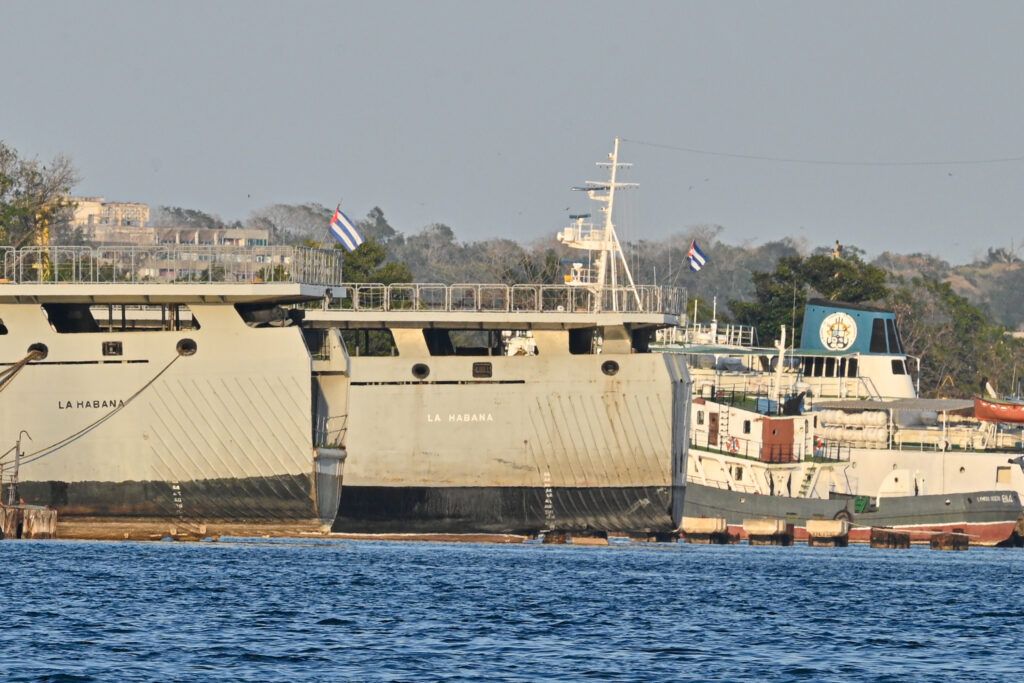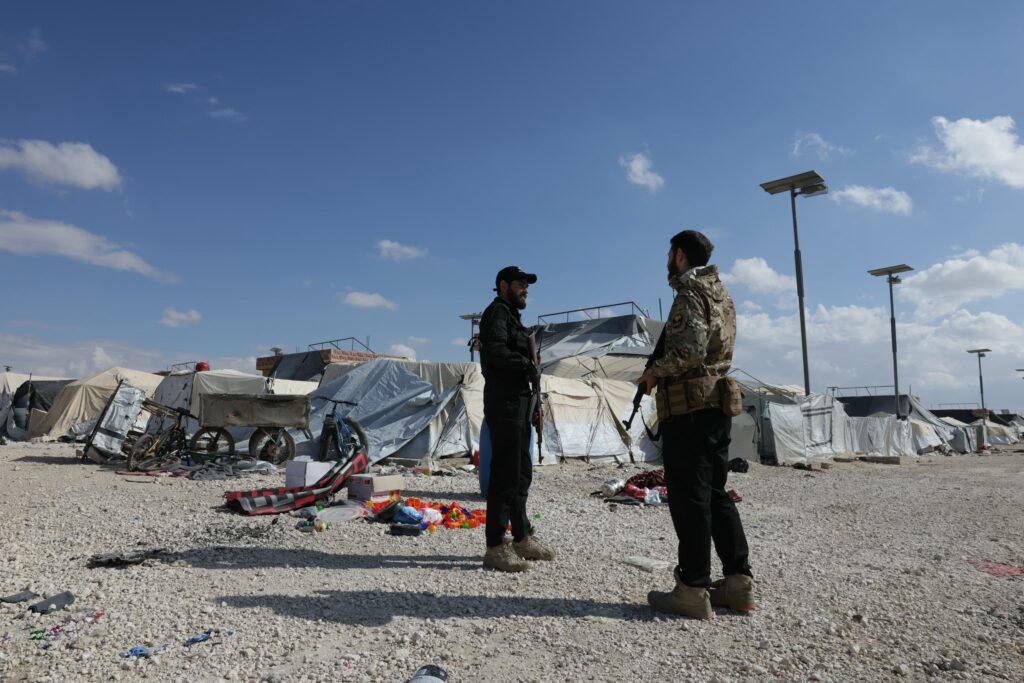Le nombre de fermes en agriculture biologique a baissé pour la première fois en 2025
Le nombre de producteurs engagés en agriculture biologique a baissé pour la première fois en 2025, selon les premières estimations de l’Agence Bio, quand la consommation a nettement rebondi, ce qui inquiète quant à l’approvisionnement en produits sans pesticides et engrais de synthèse.Le nombre de fermes engagées en bio est passé de 61.876 en 2024 à 61.490 en 2025, soit une baisse de 386 fermes (-0,6%), les nouveaux arrivants n’ayant pas compensé ceux partis à la retraite ou ayant abandonné ce mode de production, a annoncé jeudi l’Agence Bio lors d’une conférence de presse au Salon de l’agriculture. Ce chiffre doit encore être consolidé, a prévenu cette agence chargée de la promotion de l’agriculture biologique mais aussi de construire les statistiques sur la consommation et la production.C’est un “signal qu’il ne faut pas prendre à la légère”, a mis en garde Marine Bré-Garnier, de l’observatoire national de l’agriculture biologique intégré à l’agence, puisque la consommation a montré de très bons signes de reprise en 2025.Avec l’inflation, la consommation de produits bio avait chuté à partir de 2022 et n’a entamé sa reprise qu’en 2024 (+0,8% en valeur), confirmée en 2025 (+3,5% selon des chiffres encore à consolider communiqués jeudi).- “Déconversion” -Cette relance de la consommation s’observe sur presque tous les circuits, y compris dans la grande distribution (+1,7%), à l’exception des enseignes “discount”.Entre 2022 et 2024, la conception du “bien manger” avait évolué chez les Français: l’impact des produits sur la santé était moins souvent cité que le plaisir et la convivialité.En 2025, l’impact des produits sur la santé a retrouvé sa deuxième place derrière l’alimentation équilibrée dans la conception du “bien manger”, selon le baromètre annuel de l’agence. La santé reste la raison principale motivant les consommateurs de produits bio.En 2013-2014, les débats sur les OGM et des scandales sanitaires avaient boosté cette consommation. En 2025, les débats sur la loi Duplomb, qui prévoyait le retour d’un pesticide interdit, ont peut-être joué un rôle dans la reprise, reconnaît le nouveau président de l’Agence Bio, Bruno Martel, en modérant l’hypothèse avec d’autres facteurs.Ces dernières années, les fluctuations de la consommation ont entraîné un mouvement de “déconversion”, non seulement d’agriculteurs mais aussi de transformateurs. En témoignent les reliquats de plusieurs millions d’euros sur les fonds européens destinés à la conversion au bio.- “Paradoxe” -“On va avoir au moins sur le premier semestre 2026 une réadéquation offre-demande”, a déclaré Bruno Martel. Il faut “attendre” de voir se confirmer cette adéquation pour “relancer des actions de stimulation de la conversion” des agriculteurs au bio, a-t-il ajouté, un processus long qui peut prendre plusieurs années avant d’obtenir la certification.La loi fixe un objectif de 21% des surfaces agricoles dédiées au bio d’ici 2030, soit le double des surfaces de 2024 (10,1%), en repli pour la deuxième année consécutive. Ce mouvement pourrait se poursuivre en 2025.”Nous faisons face à un paradoxe: la demande en bio repart mais les fermes restent fragilisées et la production recule. Le risque est de manquer de produits bio demain”, déclarait peut avant l’ouverture du salon Loïc Madeline, coprésident de la fédération des agriculteurs bio (Fnab), appelant à des “politiques publiques et des financements ambitieux”.Ce mode de production n’a pas été mentionné dans le cadre des travaux sur la souveraineté alimentaire menés sous l’égide de la ministre de l’Agriculture Annie Genevard.Au printemps 2025, l’Agence Bio avait vu chuter son budget communication mais aussi celui du fonds avenir bio qu’elle gère, après avoir été menacée de disparition dans le cadre du budget 2025. Le coûteux stand sur le salon de l’agriculture a été remplacé par le camion qui sillonne habituellement la France pour promouvoir le bio. Le budget de 2025 a été “maintenu” en 2026, a précisé M. Martel, qui veut rassurer sur l’avenir de l’agence, après le départ mi-février du syndicat des magasins spécialisés Synadis Bio, qui affirme qu’elle est “menacée de démantèlement”. Et alors que le recrutement est en cours pour remplacer la directrice de l’agence Laure Verdeau, connue pour son franc-parler notamment vis-à-vis du ministère de l’Agriculture.









